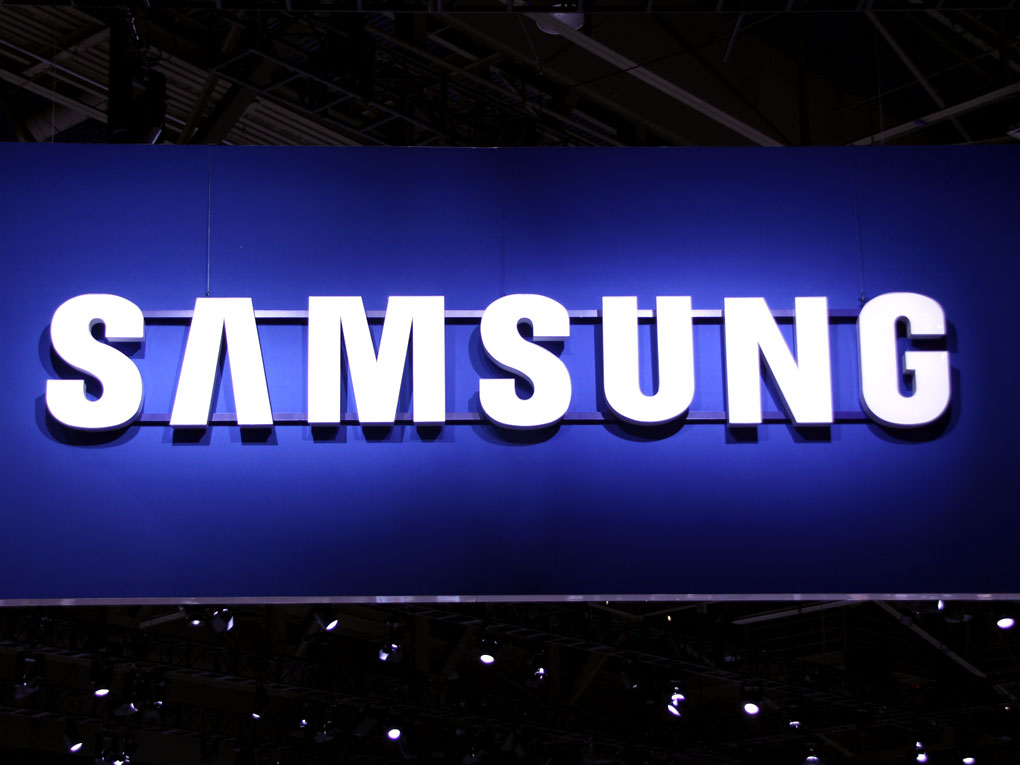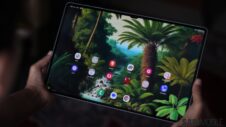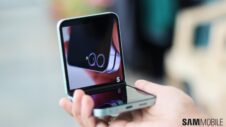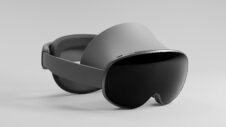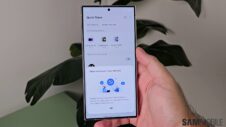The world has witnessed tremendous growth in the field of mobile technology in the last five years or so. These years may have very well written and rewritten the rules of the mobile industry for the foreseeable future. While five years may appear too short for such a dramatic change, it is not an exaggeration in the case of mobile industry, where a lot could happen even in the span of one year. Market positions of the mobile manufacturers changed at rapid pace without giving them breathing space to fathom what’s happening. Many famous companies vanished into oblivion; few companies got acquired in the fire sale; some companies on the verge of extinction; new companies grew at exponential rate, and all of this happened while two companies, Apple and Samsung, almost hijacked the mobile industry’s profits through global dominance.
Samsung, in particular, has grown at an astonishing rate in becoming the world’s largest phone manufacturer – a position it snatched away from Nokia. In 2013 alone, Samsung sold 100 million+ Galaxy S and Note devices – an astonishing sales figure even after excluding the other boatload of low-cost phones sold by the company. With unparalleled vertical integration, Samsung not only makes millions of smartphones, it even manufactures majority of the phone components like processors, display panels, storage solutions etc. Samsung is not only the world’s largest manufacturer of smartphones, it’s also one of the largest supplier of many phone components.
However, it’s not just the factors within that have transformed Samsung into a giant. Major competitors like Nokia, Blackberry, Sony Ericsson, and Motorola were involved in major business transitions, which were necessitated either by the ecosystem driven smartphone market, or by the unexpected onslaught of Samsung and Apple smartphones capitalizing the ecosystem driven smartphone trends. The most dramatic of these business transitions should be awarded to Nokia, for its quick decline from being the world’s largest manufacturer of mobile phones to the point of being acquired by Microsoft for a tiny fraction of the price it once commanded. In hindsight, it’s easy for anyone to say that, Nokia’s reluctance to adopt the Android ecosystem is the main reason for its decline from dominance to a period of irrelevance. But, Nokia’s reasoning that Samsung, with its strong vertical integration, will dominate and commoditize the Android market definitely had some merit to it, even before Samsung’s rise to dominance. To Nokia’s credit, their narrative behind the unwillingness to jump into Android ecosystem proved right, but what went terribly wrong is their faith in Windows Phone ecosystem as a viable alternative to Android. Had Nokia gone Android, Samsung’s growth would have been surely challenged.
The story of Motorola is no less dramatic from being the maker of world’s first mobile phone to acquisition by Google. Motorola had strong presence in American markets, but the launch of iPhone severely hurt the business for Motorola. The problems for Motorola were compounded with the strong push by Samsung to capture the US market. Motorola, like many others, couldn’t counter the billions worth of marketing spend by Samsung, and eventually got acquired by Google to tackle growing financial troubles. Even Sony Ericsson’s transition to Sony by acquiring the Ericsson’s stake in the joint venture, is characterized by similar troubles from Apple’s iPhone and Samsung smartphones. To Sony Ericsson’s discredit, initially they under estimated the impact of both the iPhone and the ecosystem driven smartphones. When they did realize the need to adopt Android ecosystem, Samsung had already started exerting their dominance by bringing the latest hardware and software to the market, something which Sony Ericsson Xperia phones failed to do. Sony realized the need to gain more control over its smartphone division, and acquired the stake owned by Ericsson, but not before providing a little window period of almost no competition to Samsung.
The scenario with Blackberry is slightly different. Currently, Blackberry is in neck-deep of troubles, and is facing a possible threat of bankruptcy. From the commoner perspective, the physical qwerty keyboard smartphones from Blackberry were handsomely outsmarted by the plethora of touch based phones running Android and IOS. So, once the Android and IOS ecosystems started growing, the BB OS 7 running Keyboard based Blackberry line up faltered heavily in the consumer market. Sensing the need to jump into the touch and ecosystem bandwagon, Blackberry launched the BB OS 10, a heavily gesture based OS optimized for touch screen phones. Launched in early 2013, BB OS 10 continues to face the daunting task of competing against the more matured and popular ecosystems like Android and IOS. So far, the results have been terrible for Blackberry, and the chances of bankruptcy and fire sale acquisition looms large in 2014. HTC, on the other hand, performed exceptionally well during the initial days of Android, but failing to compete with the marketing blitzkrieg of Samsung smartphones, has pushed itself into the territory of financial troubles in the past year or so. Even HTC went through fair bit of business restructuring, which involved acquiring stake in Beats Audio and dislodging it with the advent of financial troubles. Unlike Blackberry, however, HTC has a much better chance of survival and regaining past glory.
Major competitors like Nokia, Blackberry, Sony Ericsson, and Motorola involving in major business transitions like acquisitions, adopting or developing a new OS platform, dissolving joint ventures to regain control etc, resulted in mediocre phones from these companies. These phones couldn’t stand the onslaught of billions worth of advertising by Samsung. All these business transitions resulted in loss of valuable time and resources, which otherwise would have probably went straight into launching better products and running better marketing campaigns. So, even though Samsung products were not substantially better than the competition, the sales were exponentially more than the competitors. It is in the light of these developments, one can say competitors played their part in helping Samsung to dominate.
It is possible for someone to make an argument that such business transitions are common and thus cannot be held responsible for the growth of Samsung. Undeniably, this argument has some merit to it for giving Samsung the credit it deserves. But, except HTC, the rest of the transitions quoted here are no ordinary business decisions. These are transitions which resulted in the birth, death, and rebirth of global heavyweights in the industry. What makes these events even more dramatic is the enormity and close timing of these transitions. These transitions drastically impact the modus operandi of the involved companies for the foreseeable future. It is worth reiterating here once more that, the intent here is not to discredit Samsung for the amount of incredible work it has done to reach this dominant position, but to point to the fact that Samsung’s efforts were not challenged effectively by the competitors involved in these major transitions.
Thankfully, by the end of 2013, the market is more consolidated, and the competitive landscape is more robust than in the past. Excluding BlackBerry and HTC to an extent, there are no major financially feeble companies in the market, and that’s a sign of healthy competition to come. Now that most of the competitors put their house in order, and are better geared to fight, can Samsung retain the championship in 2014? If the past is any indication, one year is a lot of time in the mobile industry, and many unexpected large-scale events can happen. So, it’s not an absurd thought to question if Samsung’s dominance in mobile space will reduce or begin to end. Most of the competitors, except Blackberry, have already launched smartphones in 2013 which made life a little more difficult for Samsung flagship phones compared to the predecessors. In fact, some of these phones have lured away customers from Samsung, and there is an air of anticipation for the successors to these products in 2014. If the past trends are analysed, all that a mobile company needs is one successful model to build an entire line up in the form of successors, minis, and other variants.
So, has the competition launched any such smartphones in 2013? Can the competitors really challenge Samsung smartphones in 2014? Stay tuned to our portal for the upcoming series of qualitative analysis of the major competitors, to seek answers to these tantalizing questions, and let us know your thoughts and opinion on the matter in the comments!
This article was written by our guest blogger, Naresh Nekkanti (you can follow him at @nekkantinaresh on Twitter), and will be part one of a multi-part series of articles analyzing Samsung's challenges in 2014, and its stand among the competition.
